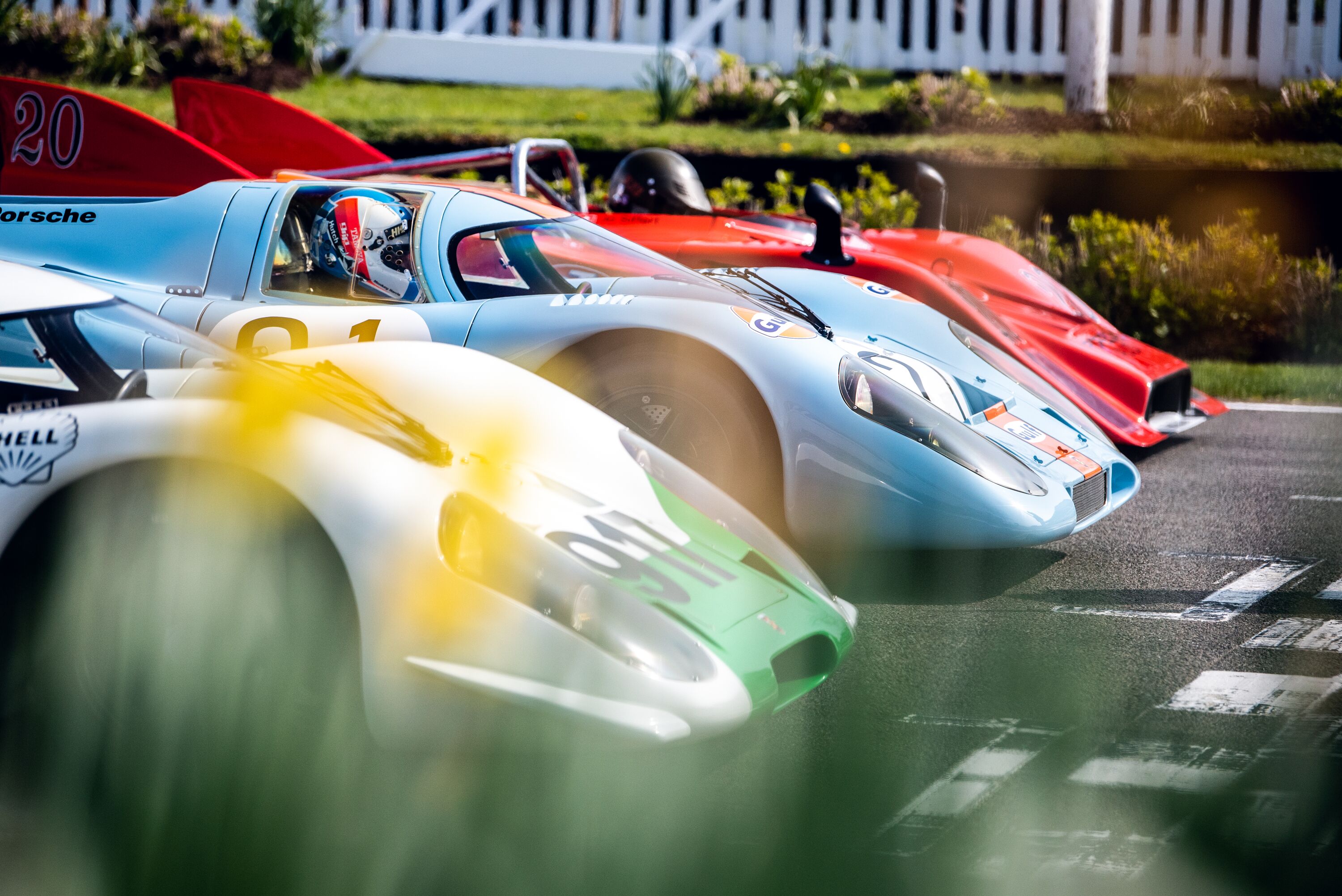The Goodwood Test: Toyota Supra
Each week our team of experienced senior road testers pick out a new model from the world of innovative, premium and performance badges, and put it through its paces.

Heritage
There have now been five generations of the Toyota Supra. Beginning in 1978 and originally ending with the mark IV in 2002. But, let’s be honest, for the purposes of this test, there’s very little point in talking about any heritage before 1993’s Mark IV. The fourth-generation of Supra was sold for nine years through the ‘90s and early 21st century, to a reasonable amount of acclaim. Since it went out of production though, the myth of the Mark IV, with its now iconic inline-six ‘2JZ’ engine, has only grown and grown. The rise of drifting and films such as The Fast and the Furious have only fuelled its mystery, and Toyota’s decade-long ‘will they won’t they’ decision making process about the mark V has just added to that mystique.
The Mark V’s long gestation – first teased in 2007, then again in 2014 – has only piled more and more pressure on the following vehicle. So when the fifth-gen Supra was finally confirmed as a joint venture with BMW, a large element of the fanbase that had built over the last decade was disappointed, or rather in these social media-driven times, absolutely outraged. The Supra finally landed on us in 2019, making a fitting moving debut at the Goodwood Festival of Speed presented by Mastercard.

Features
But should anyone really be angry? Well there’s no denying that there’s a fair amount of BMW in the cabin when you get in. Switchgear is all BMW, the infotainment system is BMW and it feels quite Germanic. But that’s no bad thing, let’s be honest. BMW have spent many years making excellent interiors and the collaboration only increases the Supra’s quality. Inside you get heated and cooling powered seats, dual-zone climate control, wireless charging, Bluetooth, an auto-dimming rear-view mirror and a very clear infotainment system (working both through touch and a familiar wheel setup), all of which comes as standard. In fact on our car the only optional extra to be found was the £620 paint. The interior is excellent, with some touches that set it apart from the Z4 to make sure it feels different enough. Personally I could do without some of the carbon-fibre and the Toyota wheel leave something to be desired aesthetically, but the graphics feel more Supra-ey than BMW and the seat could only be described as excellent.
Performance
Here’s the big rub for those people who rail against the BMW/Toyota tie-up: the Supra is great. It manages to do two jobs in one, simultaneously being a small, two-seater sportscar while transforming in an instant into a comfortable GT cruiser. The 3.0-litre straight-six developed with BMW delivers power beautifully, although it lacks almost any aural accompaniment. The gearbox is an eight-speed piece of excellence, sliding its way through the cogs with a precision not even found in a military parade, never violent, but always fast. The steering is heavy and meaty, perhaps offputtingly so for anyone more used to today’s ultra-lightweight racks, but harking back to the proper feel of old – turn the car in and the nose digs fantastically, but the satisfaction mostly comes equally from the turn of the wheel rather as the movement sensation that follows. There’s a chunkiness to that turn that feels more like you are making the car do what it’s doing than anything else. On corner exit the Michelins out back do struggle a teeny bit to contain 340PS (335bhp) and 500Nm (368lb ft) but that only adds a little more pliability to the whole experience
One strange effect of the design of the Supra, though, is the take-off. Stick your foot to the floor and the Supra hauls itself forwards while the body lurches backwards, the nose lifting in a very muscle car manner. It’s rather fun after a couple of goes, but a strange sensation to begin with. Not one that should put you off, if anything something to be revelled in today, a car that has some movement in times of rigidity.
Then there’s the GT side. We were fortunate enough to have a pretty long schlep or two to do while the car was with us, where the Supra transformed into its long-distance alter ego. When you get the Supra on the motorway its quiet engine makes a little more sense, but what makes even more is the comfortable seats and relaxed suspension. Many will argue that a Supra should be a sportscar, but it’s not out of the question to say that the Mark IV was already a big, long-nosed GT. The current Supra just continues that history, and does it with aplomb.

Passion
“It’s just a BMW” is a phrase that I’m afraid is never going to go away. The outraged of Twitter will never be sated by anyone’s suggestions that this tie up is a good thing. As far as they’re concerned car should have a 20-year-old engine and be plasticky and old-fashioned. Of course the simple answer to that is that they want a Mark IV Supra, not a new car, and nothing is ever going to make them happy. For the rest of us though the Supra should be a welcome addition. The Sportscar is dying a painful death in the shadow of the SUV horde, so the more firepower it has right now the better. The Supra goes toe-to-toe with the Cayman and Alpine A110 by offering something completely different. Where the Cayman is hard and precise the Supra is more gentle and fun, where the Alpine is silly, pretty and slidey, the Supra is muscular and fast. The Supra may not be the car that the world of automotive fanatics really wanted, but if I’m honest, I think it’s the car it needs right now.
The Goodwood Test
Toyota
Supra







